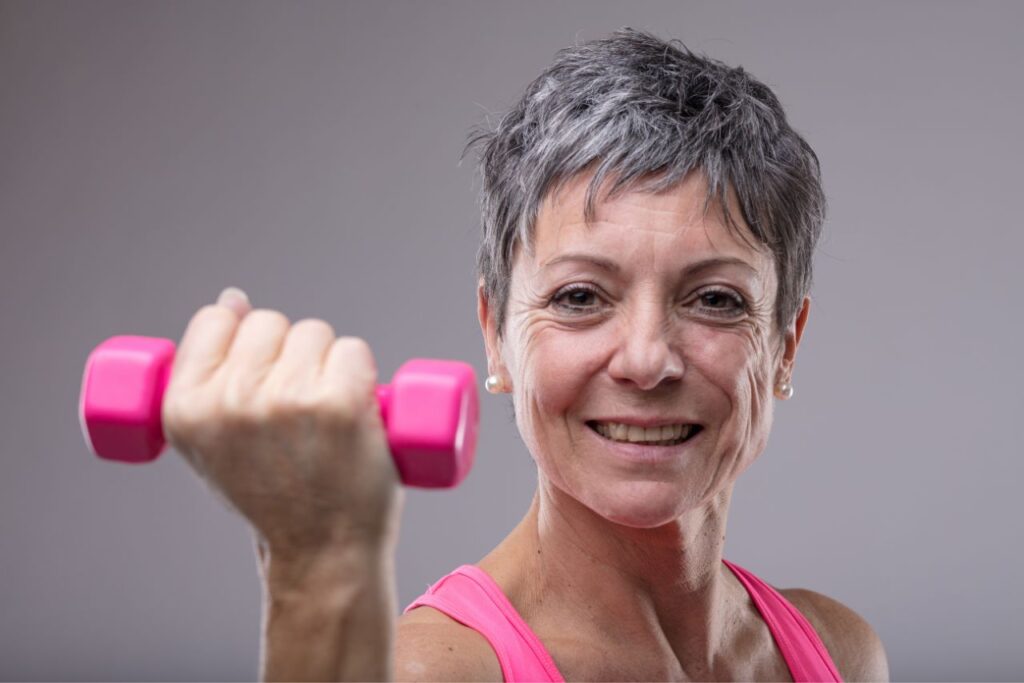
Did you know that your level of fitness actually makes you younger? Or, more accurately, more youthful. Your fitness journey is an investment in you, both in physical expenditure and in time. It takes work and dedication, but ultimately, it’s worthwhile and vital to the healthy ageing process. Exercise can help you to live longer, stay physically active and can even make you happier. Life and its many variables have a funny way of throwing us a curveball when we least expect it, however, and for any number of reasons, the time spent investing in you can seem a little less important. Our fitness can take a back seat to whatever else it is that is occupying our thought space and before you know it, weeks have passed without any movement at all.
Rest is essential for the repair and rejuvenation of our muscles but too much rest can have adverse effects on our bodies and fitness levels. The term for this is ‘rest’ is detraining, essentially a winding back of all the physical progress you have achieved throughout your training process. Aerobic and muscle gains, cardiovascular health and metabolic rate can all take a nosedive the more time spent away from physical exercise.
These hard-won gains are stripped back thanks to detraining more rapidly as we age as well, and while our bodies are able to bounce back from detraining fairly quickly, it is better to avoid altogether if possible. These are some of the adverse effects of detraining on the body.
CARDIO
The more we move, the more we build our endurance. Part of that endurance is linked to our hearts improved ability to pump blood around the body, providing much needed oxygen to our muscles. While in a detraining state, our hearts become less able to handle increased blood flow and as a result, less oxygen is distributed and utilised throughout the body. What used to seem like a breeze becomes a laborious chore. Back to square one.
The good news is once you begin training again, the previous gains made are much easier to get back to. If you are just getting back into training, take it easy to begin with and build back up gradually as much as you feel your body can handle. Pushing it too hard too soon can be more damaging than detraining.
Something like this cardio workout is the perfect place to get you started because it’s so much fun. It will definitely challenge you, but it’s very doable!
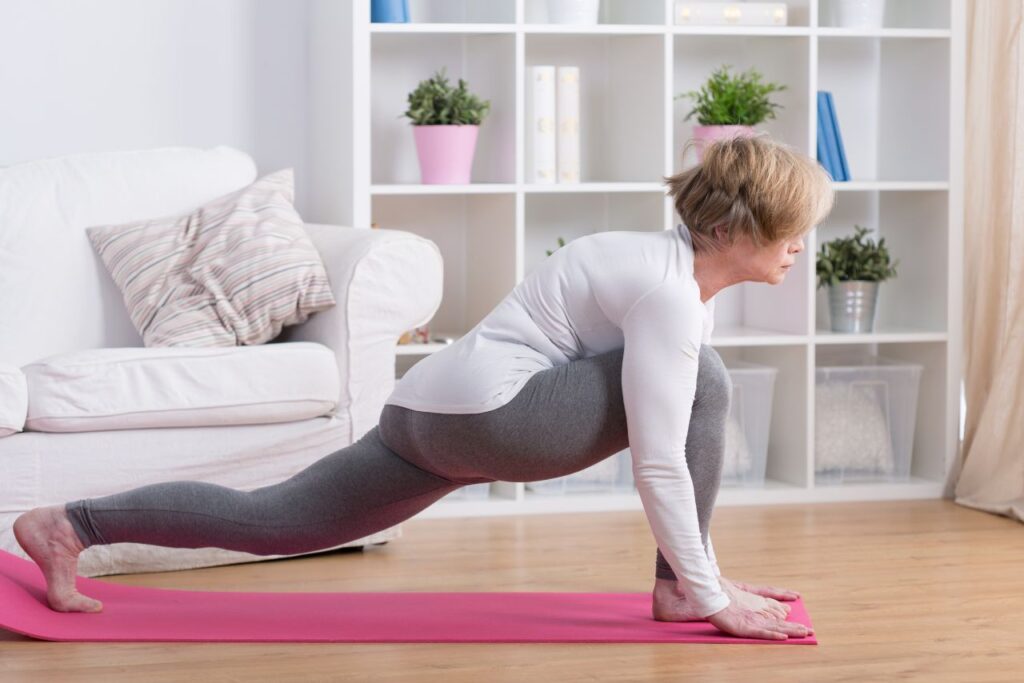
WEIGHT GAIN
While this one may seem a little obvious, it bears mentioning here. When we exercise, our muscles turn into veritable sponges for insulin, far more capable of absorbing glucose (sugar) as energy for immediate consumption. The alternative here of course is that rather than use the glucose straight away as energy, the glucose is turned into fat and stored for later use. This is not good news for our thighs.
Even if we maintain a similar diet while in a detraining state, our weight gain potential shoots up. As we age, weight gain carries with a greater potential for health-related risks such as heart disease and diabetes.
LOSS OF MUSCLE TONE
Without the conditioning from exercise, our muscles will shrink and lose definition very quickly, meaning all of the gains you have made have the potential to disappear after extended periods of inactivity.
As we age, maintaining muscle strength and volume is vital as it will help us remain mobile and better able to carry out day-to-day activities. Aesthetics aside, keeping up our muscle strength can help stave off age-related injuries and see us fit and active for years to come.

IMPACTED MENTAL STATE
Physical fitness and mental health are intrinsically linked. When we exercise, our bodies release a host of happy hormones that flood the brain with positive emotion. Our bodies do this to provide a positive connection between exercise and our willingness to participate. If it feels good, we’re going to want to do it more often.
If we exercise regularly, the release of hormones is longer and fuller, leading to overall positive shifts in mood and even a decrease in mental health issues such as anxiety.
Inversely, if we take that the reactive exercise away, our mental health can plummet. Whilst in a detraining state, our hit of happy hormones is decreased, and stress and anxiety can creep back in.
The good news here is that even a light walk, or jog, can spur on our endorphin production and get you back into the mood to train again, even after a single workout.
If you’ve got five or ten minutes now, I think you’ll really enjoy these workouts to help you get back into the swing of things.

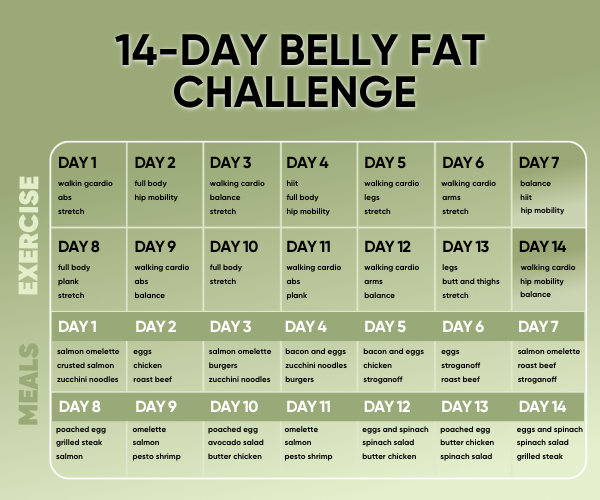
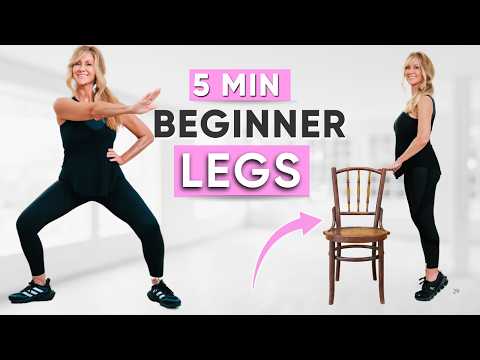










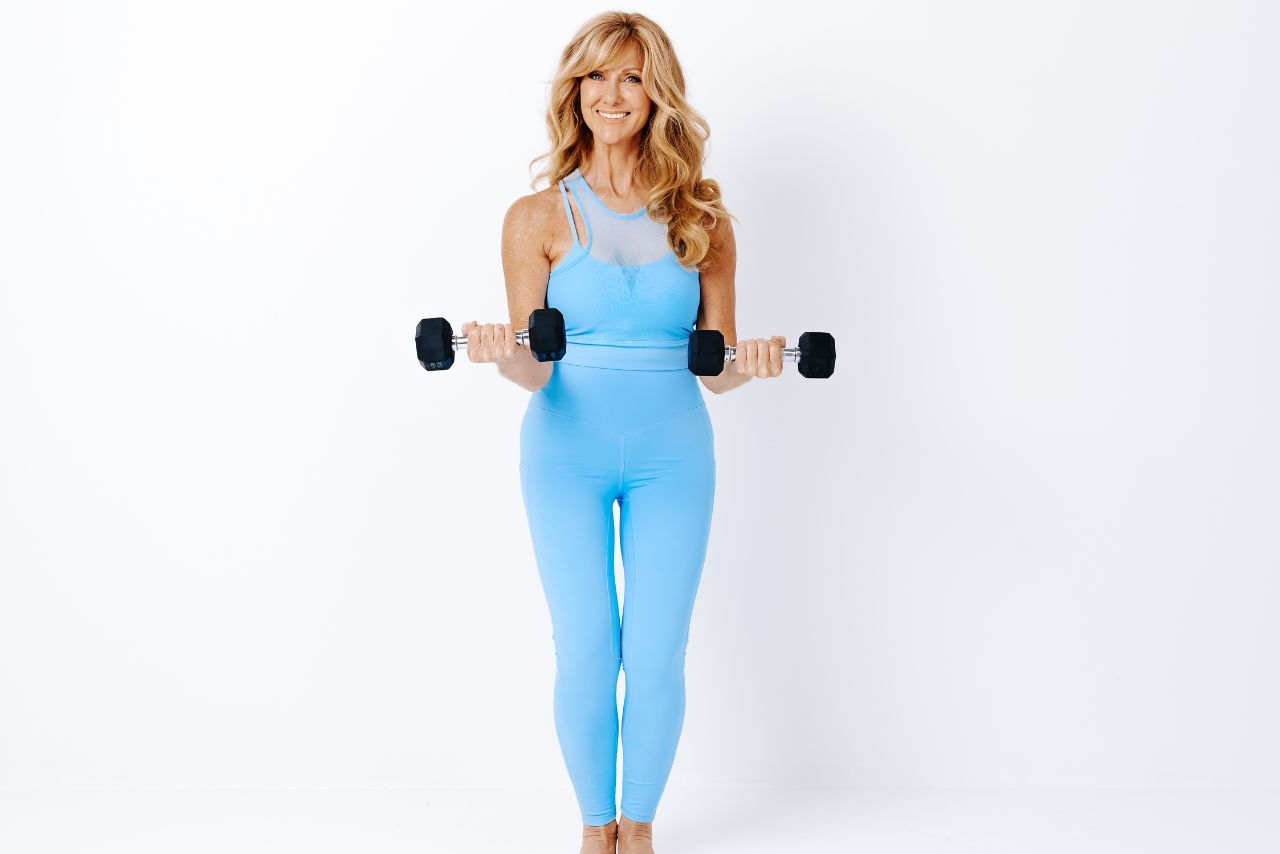

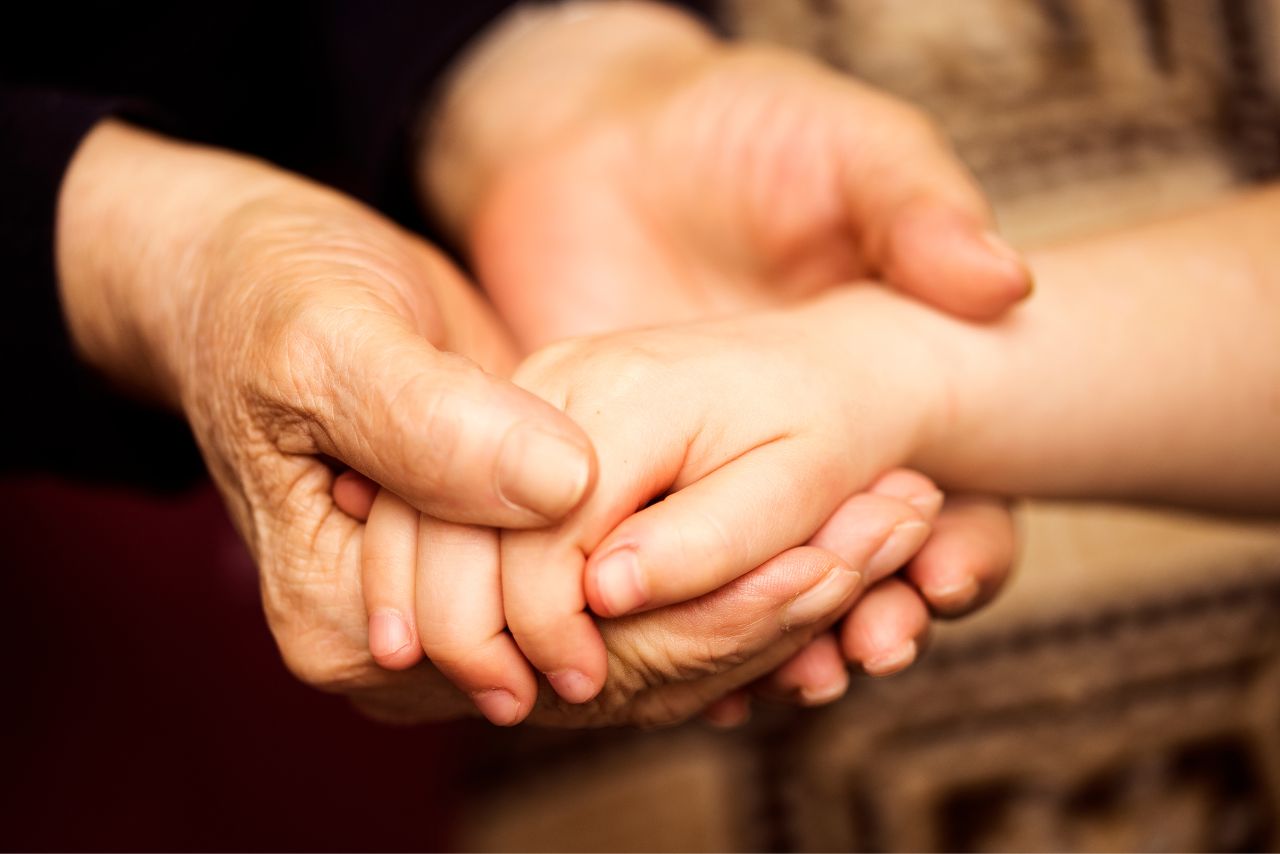






2 Responses
When do we get a new challenge? I’ve done May, Oct twice and am half way through my third visit to Nov. I really appreciate when you tell us how many calories we burn during each video and hope you crank up the energy burn on some (but definitely not all) of your new videos. Thanks for making this “challenging but doable.”
Hello Schellea. I gained 2,5 Kg since October because I ate too much chocolate and did few exercise. What challenge do you suggest me to do from now on to loose weight? Of course, Iam going to stop with chocolate and start again a healthy diet.
Iam 57 years old and I love your advices and challenges.
Thank you so much
Susana Moreira
(Portugal)